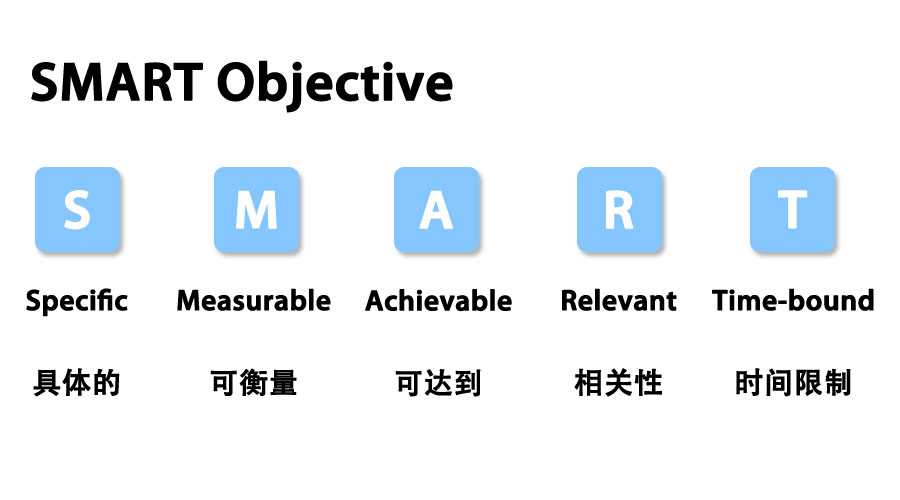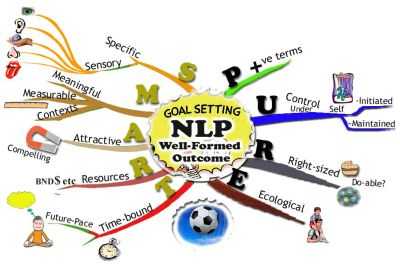
Are you a bad planner? Actually most of us do not like planning, and want a life as free as a bird. However, it turns out that we cannot live well without planning! Why is goal-setting so important in career building? How can we make a reasonable plan to make our life better? In this episode of Career Builder, we are going to focus on goal setting. Robert Parkinson, Founder and CEO of RMG Selection, offers practical suggestions based on his experience. Listen to the radio program to find out more on this topic.
- We cannot live without planning. But in terms of career building, why is planning so important?
- Social scientists and psychologists have constantly measured human behavior and they find out the more you measure, the more you improve.
- Second thing I would say is that failing to plan is the same as planning to fail. You are doomed to fail without a plan.
- People do hate planning but I also think people like balance. Most of us want to achieve more in life, be it working life, be it wealth, be it personal life, and by planning (setting goals), we will achieve a better and more fulfilled life. Planning is a good habit to make one’s life better!
- Could you go on and give us a couple of different angles on how to plan and how to do things?
- The first point you may well-heard of it in the past, that is an acronym called SMART objective. “S” stands for specific, “M” measurable, “A” achievable (according to one’s capacity), “R” relevant, “T” timely.
- A well formed outcome is much more sophisticated in terms of goal setting. The first thing about this is that you state goals in a positive way. We all need to make goals more real and more tangible.
- The goals should be “ecological” (friendly) to ourselves. If something is too costly, don’t do it.
- Another key point is that a goal is not well-formed unless we control the goal, which means we started it and initiated it. We need to be in control of the situation, and mobilize resources around to support our plans.
- The well-formed outcome’s got to be compelling. But we have to strike a balance between reality and a compelling goal.
- We all need incentives or motivations. How can career building young people get spiritual incentives by planning?
- The word “Timely” is the key part of the SMART objective and a well-formed outcome. By knowing when you achieve the goal, which stage you are on, you can figure out the top priorities of your life and get motivations.


- What is the good timing for people to start planning? Shall a new graduate start planning once he leaves campus?
- The answer is absolutely yes. Graduates need to divide their first career year into monthly segments that will contribute to overall year plan.
- Five year plan is not suggested. And in my view, lifelong goals will change as you go through your life, so I don’t go for long-term plans.
- In conclusion, I advice people to have short-term, specific, smart objectives instead of lofty, long-term plans. Yearly plan is rather great.

